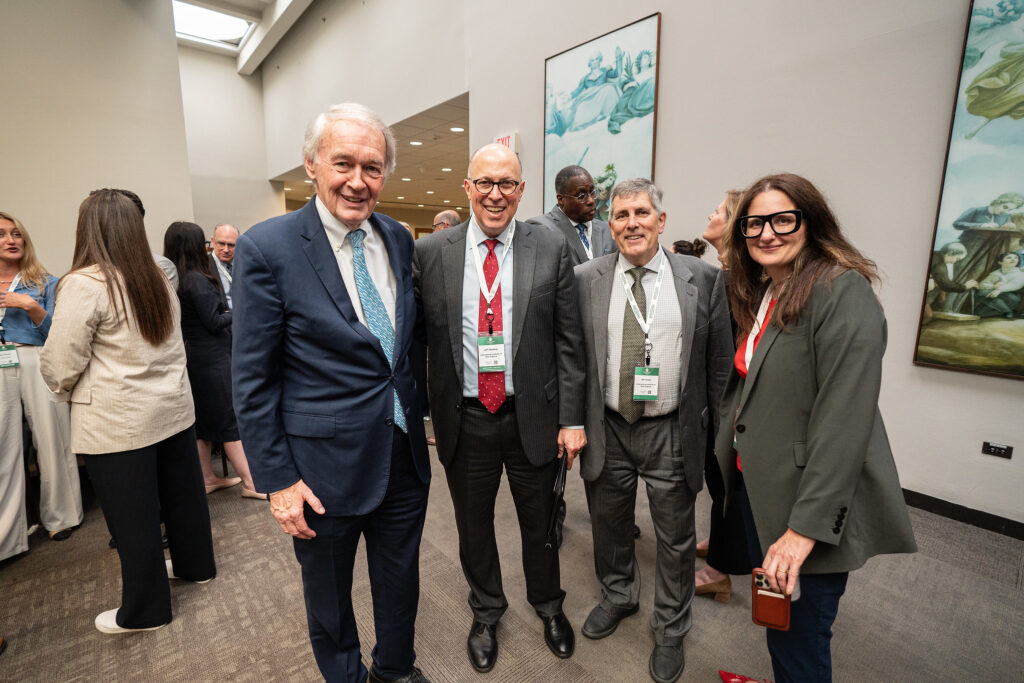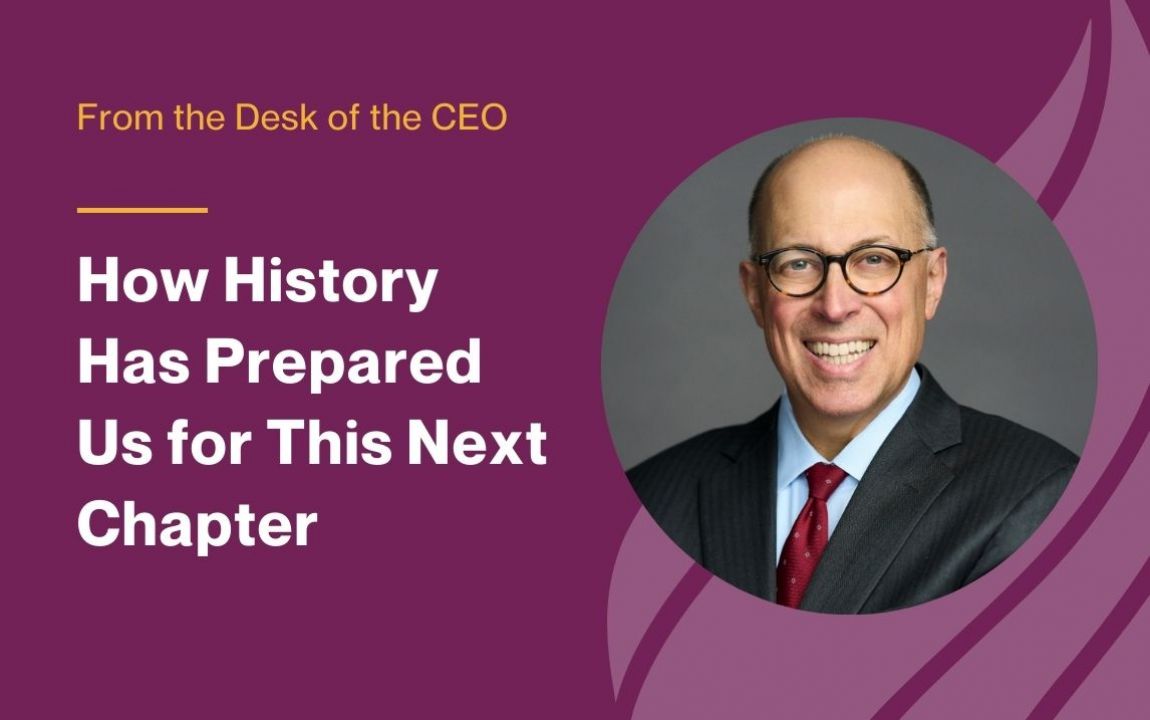Employee Profile: Meet Bill Gillett, Director of Public Policy & Advocacy
Having previously served on the Board of Directors, Bill rejoined IINE in 2024 as the Director of Public Policy & Advocacy. On our blog, he reflects on this new role, his history with IINE, and the key advocacy issues on which we’ve been focused in New Hampshire and Massachusetts.
What’s your role as Director of Public Policy & Advocacy?

This is a new role for IINE, created based on our significant growth and influence over the last several years as we have continued to meet the needs of immigrants arriving here displaced by war and political turmoil.
I track state and federal legislation that affects refugees and immigrants in Massachusetts and New Hampshire, and across New England and New York City, and provide input to decision-makers—making sure that when they’re considering policy, they know the facts about our clients’ needs, strengths, and the benefits they bring to their communities and the workforce.
The role also includes building public support for IINE, and for the overall cause of resettlement and immigration, including through coordinating with other agencies to make sure that our messaging to the public is consistent, and our dealings with legislators are efficient.
What’s your history with IINE and how did you come to this role?
I was on the Board of Directors as first a member and then chair way back in 2008 (when IINE was much smaller) bringing New Hampshire perspective and connections to the table. At the time, Manchester Mayor Ted Gatsas decided it would be politically advantageous to prey on people’s suspicions about newcomers and fears that welcoming people meant having things taken away from them, by proposing a two-year moratorium on settling refugees in the city. I worked with other IINE Board members, federal representatives, and other agencies to convince the members of the Executive Council, who approve the state’s budget, as well as the New Hampshire Senate, that this was a baseless and harmful plan. They agreed.
After my service on IINE’s Board, while my work in business and higher education took me in and out of the country, I remained on IINE’s Leadership Council and stayed very interested in immigration issues. IINE’s growth and the increasing public focus on immigration, including the misinformation now permeating the national and state debates, reiterated to me how important the work of IINE is to New Hampshire and Massachusetts. This year felt like the right time to come back and do what I can to help.
On what key issues and legislation is IINE currently focused?
Well, this may change quickly—but one of the first things I did in this role was to address a bill being proposed in the New Hampshire Senate to make immigrants, even those authorized to live and work in the state, acquire permanent residence or citizenship before they can get driver’s licenses.
The rationale given by the bill’s sponsors was that letting non-citizens have driver’s licenses would give them an avenue to vote. This was a response to a non-problem. Refugees and asylees are here legally and are authorized to work, we need them in the workforce, and they can’t get to work without driving. The police, DMV, and employers all want to make sure these residents learn the rules of the road and can contribute to the state’s economy.
Working with partners, I explained this to some key senators and then testified before the senate committee considering the bill. The amendment was relegated for “further study,” meaning it is on hold at least for now.
How about in Massachusetts?
Right now, there’s a lot of focus on many immigrant families living in emergency shelters and overflow sites. The shelters are at capacity, and we all want these families to get into permanent housing and move towards self-sufficiency quickly and sustainably. The eight Massachusetts-based resettlement agencies have been given some funding by the state to help with this, but it’s a very challenging and complicated task involving a tangle of intermediaries, a very sparse affordable housing market, and rapidly changing rules around how long people can stay in various short-term shelters.
This is a problem that can only be solved with cooperation and communication. IINE is taking the lead in coordinating the resettlement agencies involved and is the “spokesperson” in representing the needs of our clients to the press and lawmakers. We’re conveying what families communicate to us, trying to make sure everyone understands their needs and experiences, and trying to give them the necessary support so they can move into a phase of basic safety and security, supporting themselves and helping to strengthen our communities.

What are you most passionate about professionally?
I’m passionate about having the ability to work in a position and in an organization where you can make a real difference in people’s lives. I found this in education and decidedly here at IINE. I believe in the essential part that immigration and immigrants themselves have contributed, and must continue to contribute, in creating and maintaining our successful and vibrant national society and economy.
What do you enjoy doing in your free time?
Spending time with family is always top of the list followed by cycling, spending time outdoors with our dogs, sailing, kayaking, and skiing.
Learn more about IINE’s advocacy efforts, from when we first opened our doors over 100 years ago to today, in our Spotlight Report: On Advocacy.
Related Articles

The International Institute of New England Names Hannah Odaa as Boston Managing Director

2005–2014: Bringing Families Together
